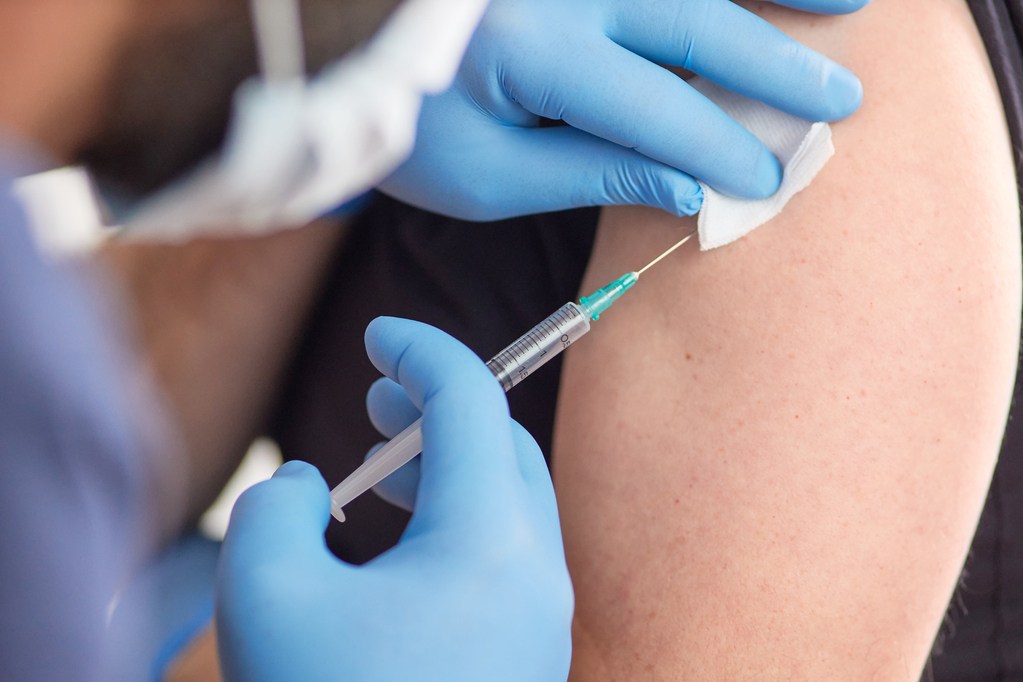The European Medicines Agency (EMA) contradicted itself today about the possible link between the AstraZeneca vaccine and rare blood clots found in vaccinated people.
“We can now say, it is clear that there is a link with the vaccine,” the head of EMA’s vaccines strategy, Marco Cavaleri, said earlier in an interview with the Italian newspaper il Messaggero. “What causes this reaction, we do not know yet,” he said, adding the agency would announce this in a few hours.
The agency, however, rejected on Tuesday afternoon this statement and claimed that it has not yet found any correlation.
In a press release on 31 March, following a meeting of its safety committee, EMA wrote that, “At present, the review has not identified any specific risk factors, such as age, gender or a previous medical history of clotting disorders, for these very rare events. A causal link with the vaccine is not proven, but is possible and further analysis is continuing.”
EMA’s relations with media was raised at today’s European Commission press briefing with several journalists complaining about insufficient information from the agency and the lack of replies to questions. The Commission spokesperson replied that it is not managing EMA and referred to the press conferences that have taken place with the agency but admitted that there is room for improvement.
Related News
- EU countries could reach vaccination target by end June, leaked Commission memo says
- EMA and Belgium to decide on use of AstraZeneca vaccine today
The Brussels Times is still waiting for a reply from EMA to a question in writing about the preferred time lag between the first and second doses of the Pfizer-BioNTech vaccine.
According to EMA’s website, the two doses need to be given at least 21 days apart from the doses but several member states, facing shortages of doses, have extended the period to vaccinate as many people as possible. Figures in media have mentioned a recommended time lag of 21 – 28 days.
In the rollout of the vaccinations, several member states prioritized the goal of vaccinating as many persons as possible with at least one dose. While 60 % of 80+ have received the first dose by the end of March (the EU goal was 80 %), only 33 % had received two doses.
An Israeli study has confirmed the high effectiveness of the Pfizer-BioNTech vaccine. The first dose provides 50 % effectiveness. The leap in effectiveness – and a significant drop in morbidity and infectiousness – only occurs about a week after the first dose and reaches an optimal level of well above 90 % about two weeks after the second dose. The findings are based on an analysis of the health records of 1.7 million people.
Asked about the time lag, the spokesperson referred to EMA’s scientific opinion – which it has not disclosed – and added that it is up to the member states to decide, taking into account EMA’s advice.
M. Apelblat
The Brussels Times

